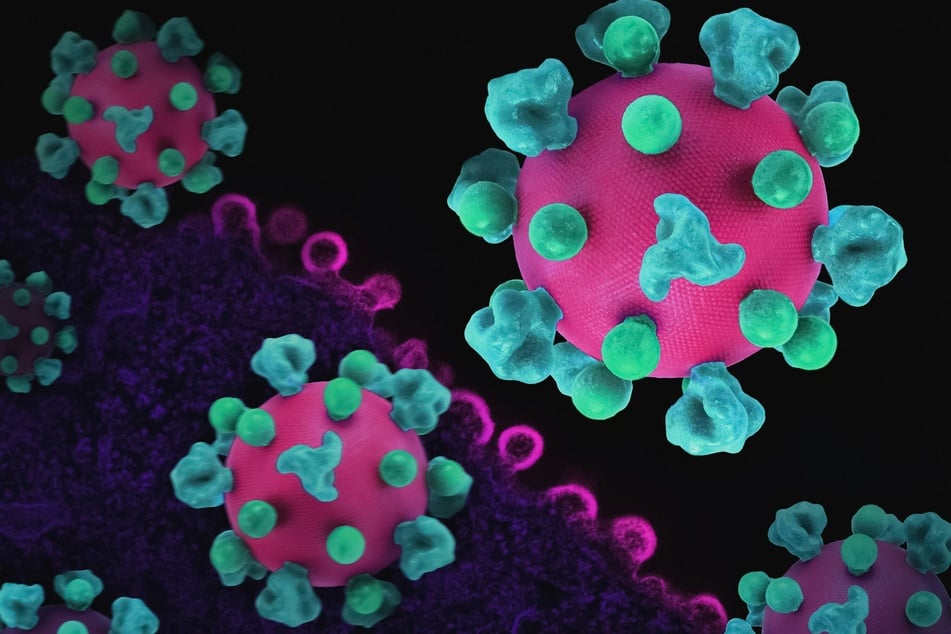US to spare HIV prevention drug program amid harsh Trump foreign assistance cuts
Washington DC - The US will fund a program for affordable access to a groundbreaking HIV prevention drug in lower-income countries, the State Department said Thursday, sparing it from Donald Trump's foreign aid blitz.

Trump has thrown billions of dollars of US assistance into question since January, including for the highly popular President's Emergency Plan for AIDS Relief (PEPFAR), which has been credited with saving some 26 million lives since 2003.
His cost-cutting cast doubt on the US honoring a December 2024 agreement with the UN-backed Global Fund and other groups to purchase lenacapavir, a twice-yearly injection shown to reduce the risk of HIV transmission by more than 99.9%.
On Thursday, the State Department announced it would back the project – framing it as part of Trump's protectionist "America First" agenda.
"It's going to help bring down the cost for Americans and for people around the world, and it's going to help increase access to this important medication," Jeremy Lewin, a State Department official, told journalists.
He did not specify the US financial commitment, describing it only as "significant."
Lenacapavir, marketed under the brand name Yeztugo, is manufactured by California-based Gilead Sciences, which has said it will provide the drug at no profit as part of the partnership.
The initiative aims to reach at least two million people by 2028. The participating countries are yet to be named.
Many experts are hopeful that the antiretroviral drug, already approved in a number of countries to help treat adults with multidrug-resistant HIV, could dramatically speed up the fight against the virus.
Lewin said the US role in the partnership would be limited to purchasing and supplying lenacapavir to local governments, who would then be responsible for distributing the medication themselves.
Trump, with the help of billionaire donor Elon Musk, has taken a sledgehammer to foreign aid and effectively dismantled USAID – the world's largest humanitarian aid agency – as part of wider cost-cutting measures.
Cover photo: Unsplash/National Institute of Allergy and Infectious Diseases
